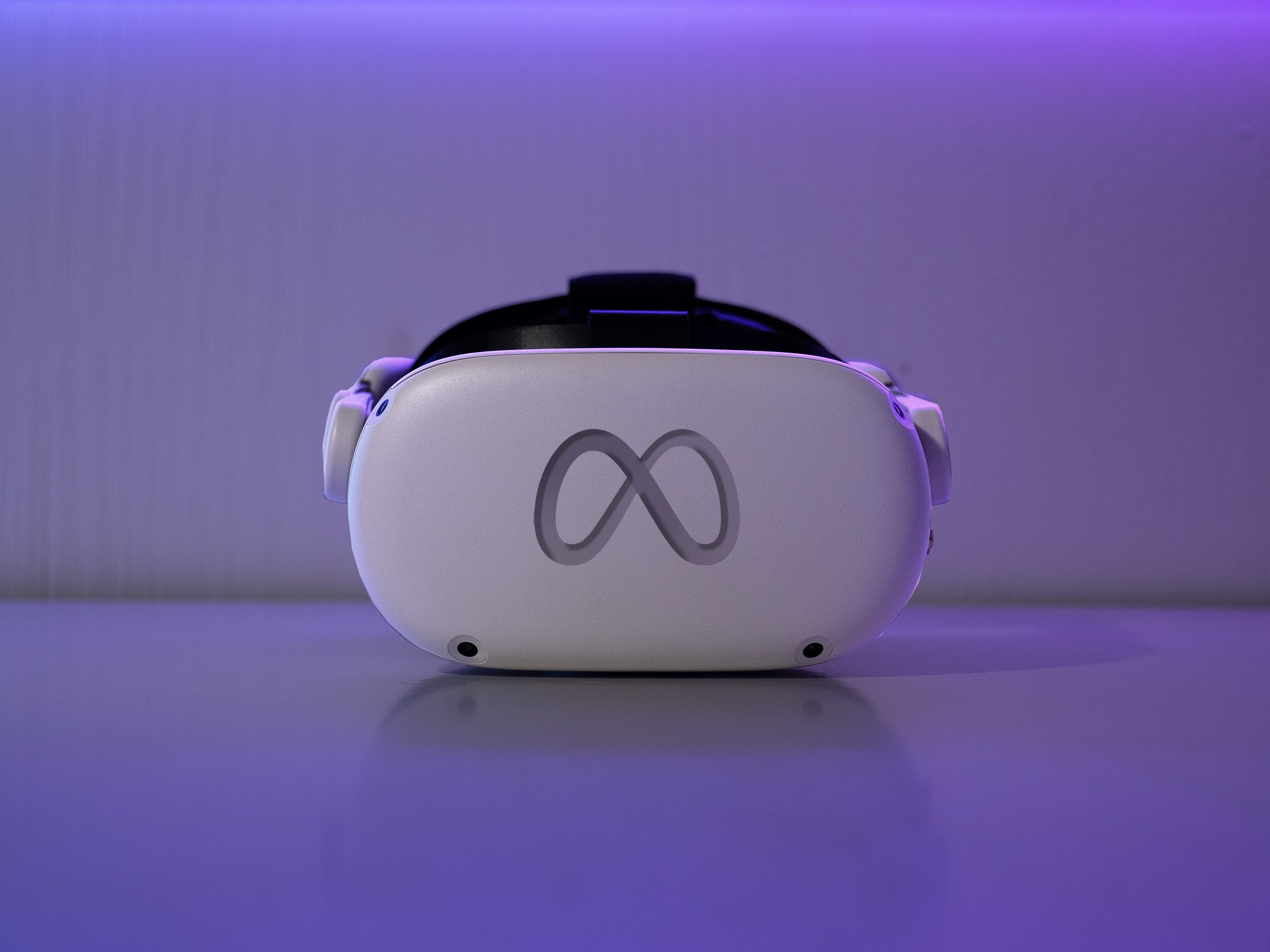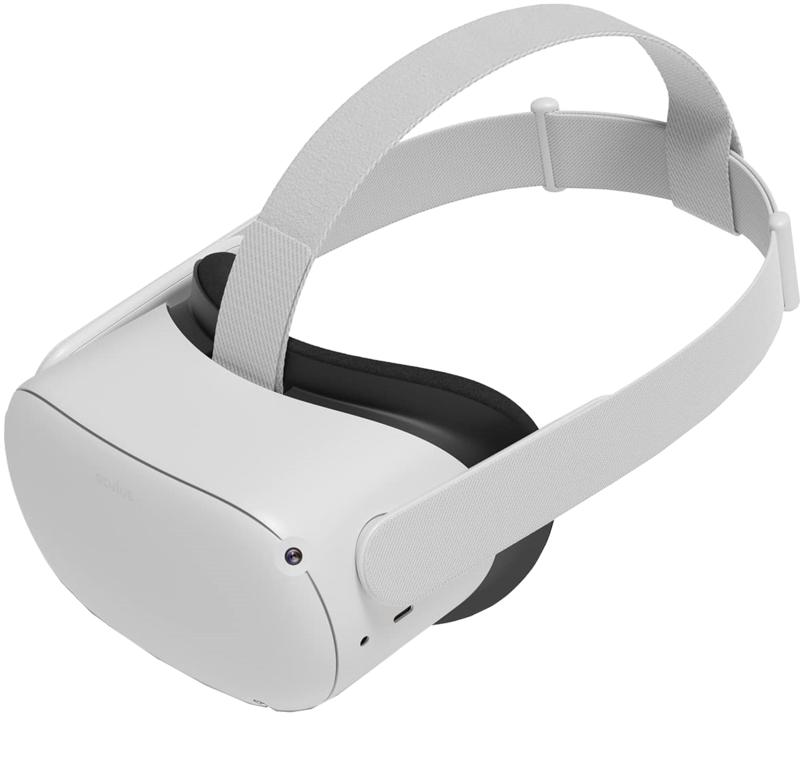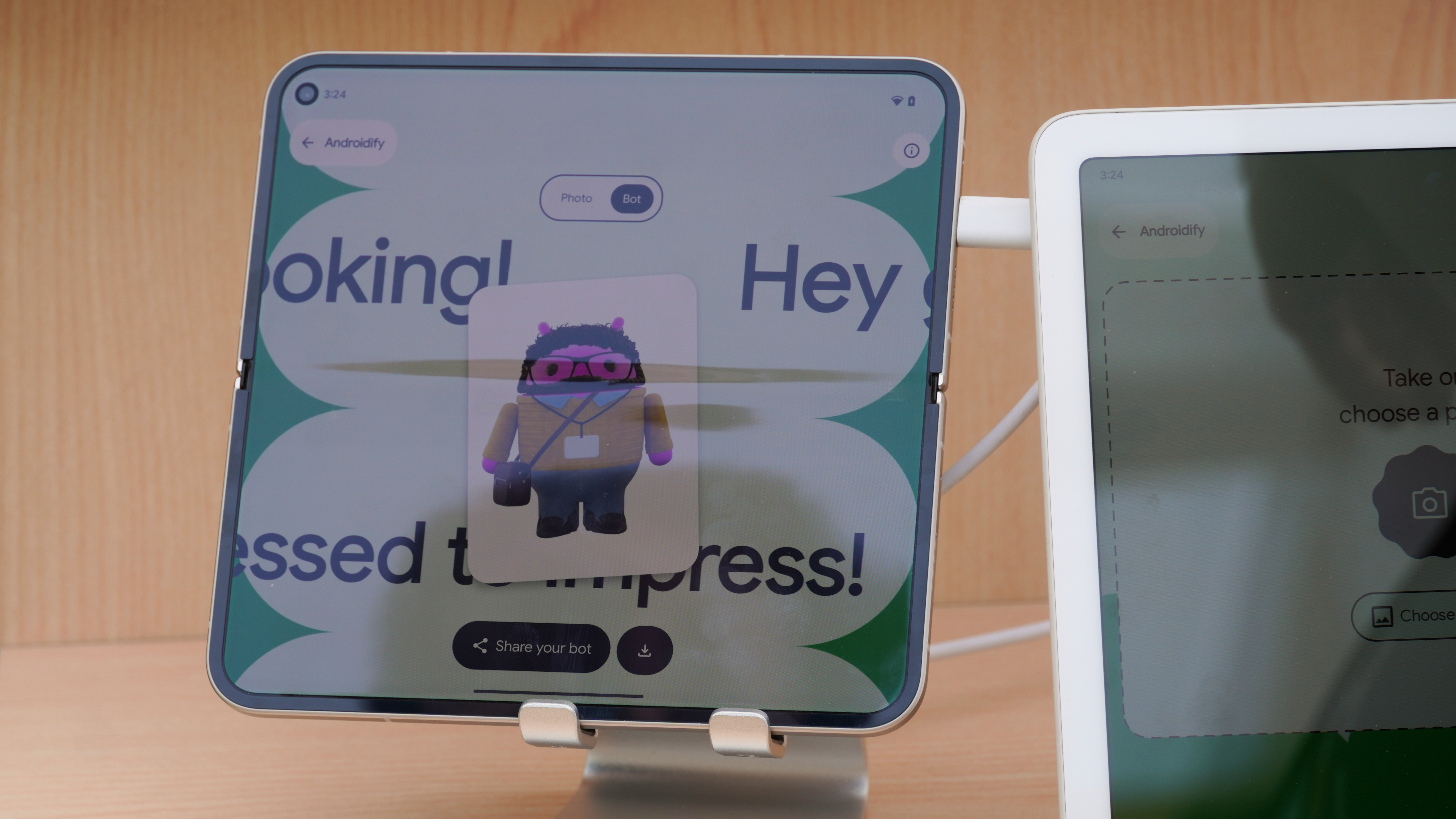Meta stole a promising VR lens startup from under Valve's nose

What you need to know
- ImageOptix specializes in making high-quality displays for devices like VR headsets.
- This tech allegedly allows for lighter headsets, reduces eye strain, and adjusts focus based on your prescription.
- Oculus competitor Valve previously invested in the company before Meta bought it out.
- The FTC recently launched a probe into Meta for its $400 million acquisition of exercise game Supernatural.
Meta has reportedly acquired ImageOptix, a liquid crystal lens manufacturer that VR rival Valve sued earlier this year. VR YouTuber Bradley Lynch, aka SadlyItsBradley, reported that Valve had invested millions in the company and gave it a $1 million loan, only for a mystery investor to swoop in and buy the company. Valve and ImageOptix later settled their dispute out of court.
Turns out that mystery investor was Meta. VR blogger Karl Guttag discovered this news, and Meta later confirmed it.
ImageOptix has made a name for itself by developing liquid crystal lens displays, which would improve on the plastic lenses in the Meta Quest 2. Specifically, the company's "Pancharatnam-Berry phase lenses" would offer a lighter weight, improved pancake optics, and even automatic correction for astigmatism.
We don't know whether these lenses could end up in the Meta Quest Pro or a later headset like the Quest 3. What we do know is that this purchase simultaneously ensures that other VR competitors, like Valve, can't take advantage of the same lenses. And this anti-competitive acquisiton is part of a Meta trend.
Valve, one of Oculus' biggest competitors, has previously released patents for future VR headsets that utilize similar lenses to the kind that the North Carolina-based company makes. Valve may have settled with ImageOptix, but it's unclear now whether the Valve Index 2 or a standalone Valve headset will be able to implement these designs without the startup it funded.
Whether Meta only cared about getting exclusive access to this tech or intentionally bought out ImageOptix to thwart Valve, industry analysts like The Information's Matthew Olson have suggested that this acquisition could face real scrutiny from lawmakers. Especially in light of the recent $400 million acquisition of Supernatural, which the FTC is currently investigating for potential antitrust violations.
Meta's previous acquisitions in the VR space, such as Beat Games (Beat Saber) and BigBox VR (Population: One), didn't receive much attention due to the limited amount of money involved. And compared to Supernatural, the ImageOptix acquisiton cost Meta significantly less. But its impact on the VR console wars in 2022 and beyond could be much more significant in the long run.
Get the latest news from Android Central, your trusted companion in the world of Android
Valve isn't the only developer this purchase could hurt. The PSVR 2 is rumored to arrive in 2022 with a lightweight design and 4K lenses. ImageOptix lenses could help Meta close that gap. Due in part to Meta's recent acquisitions, we recently questioned whether the PSVR 2 can still compete with the Quest platform.

Charlie's a freelance contributor at Android Central from Milwaukee, WI.

